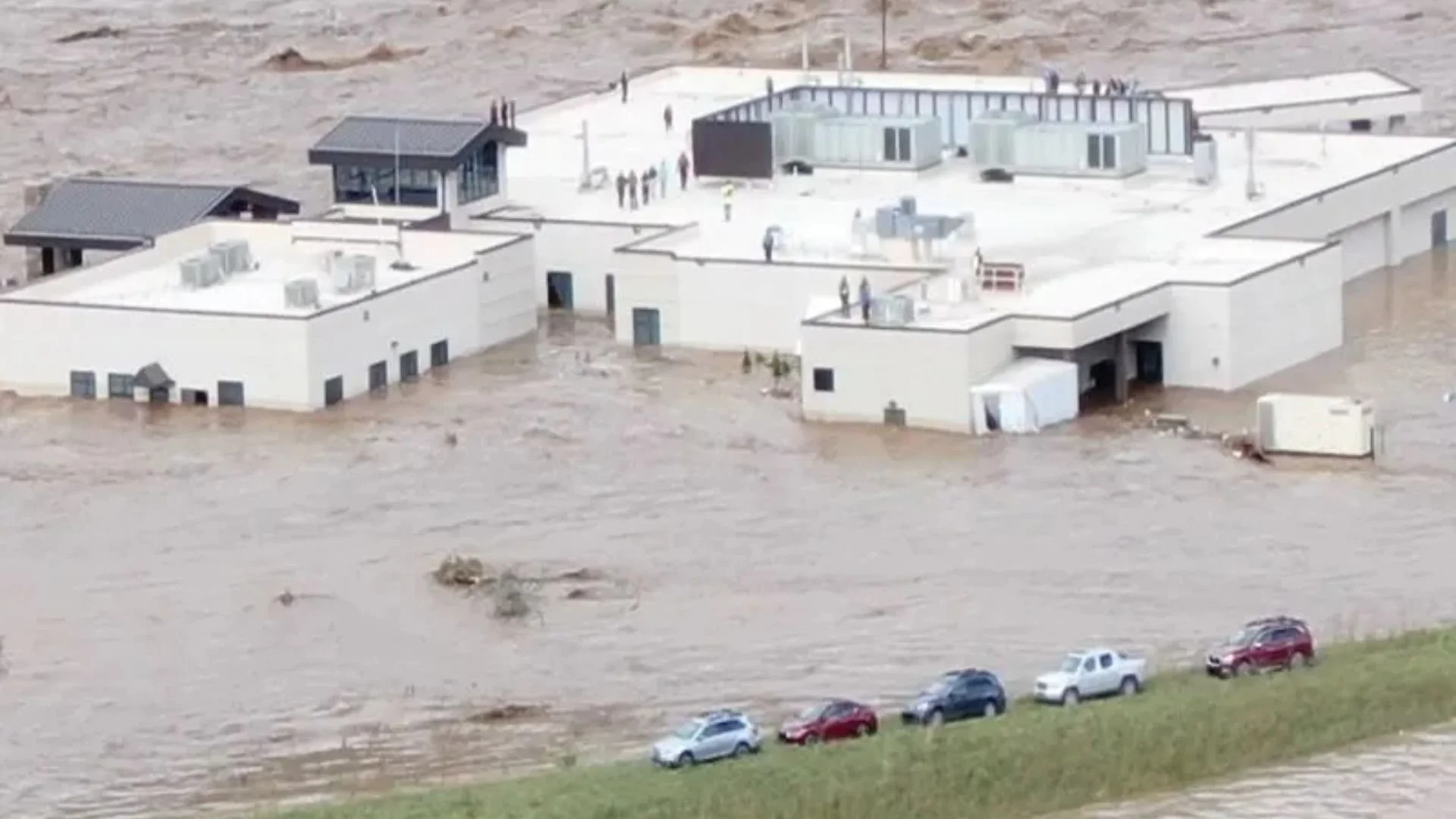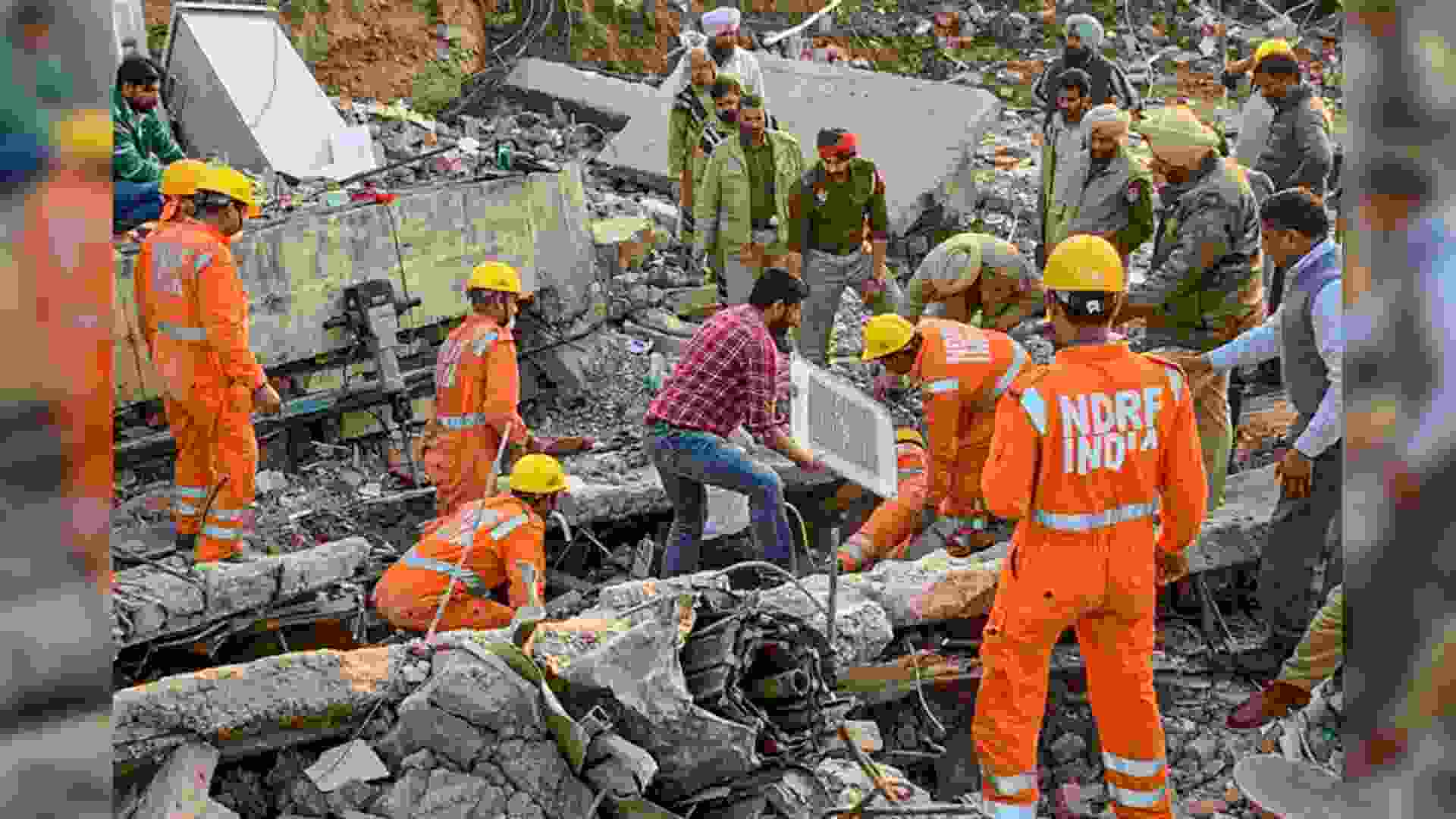More than 50 hospital patients and staff were rescued in a dramatic airlift operation on Friday afternoon after flash flooding, triggered by Hurricane Helene, overwhelmed Unicoi County Hospital in Erwin, Tennessee. The rapid response involved the state emergency agency and the National Guard, as floodwaters from the Nolichucky River rose swiftly, creating a dire situation.
Ballad Health, which manages Unicoi County Hospital, received notice to evacuate just after 9:30 a.m. due to the fast-rising floodwaters. While ambulances were initially dispatched to transport the hospital’s 11 patients, flooding escalated too quickly, making roads impassable for emergency vehicles. Boats were deployed as a secondary option but were soon unable to safely navigate the dangerous floodwaters, which had begun intruding into the hospital itself.
With helicopters grounded due to high winds, 54 people, including patients and hospital staff, were left stranded on the roof, awaiting rescue. Seven others managed to reach boats but could not leave the vicinity due to the severe flooding. Local authorities described the scene as “extremely dangerous,” with rapidly rising water engulfing the hospital building.
By early afternoon, weather conditions improved enough for helicopters to arrive and begin the rescue operation. At 2:36 p.m., US Congresswoman Diana Harshbarger announced that helicopters had reached the hospital. By 4:17 p.m., Tennessee Senator Bill Hagerty confirmed that all stranded individuals had been safely evacuated.
Although no injuries were reported, several patrol cars and ambulances were lost to the floodwaters. Local authorities and hospital officials have asked the public to continue praying for those affected by the flooding and for the safety of emergency responders. Photos shared on social media showed hospital employees and patients awaiting rescue on the roof, surrounded by the floodwaters.
With more severe weather expected to impact East Tennessee, officials are urging residents to stay alert and prioritize their safety.







